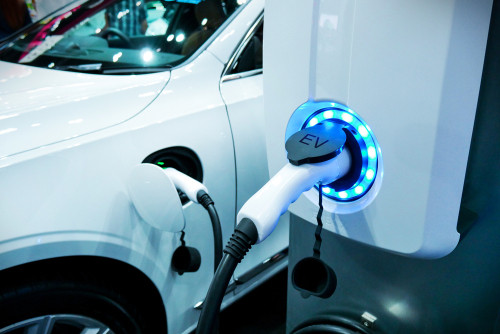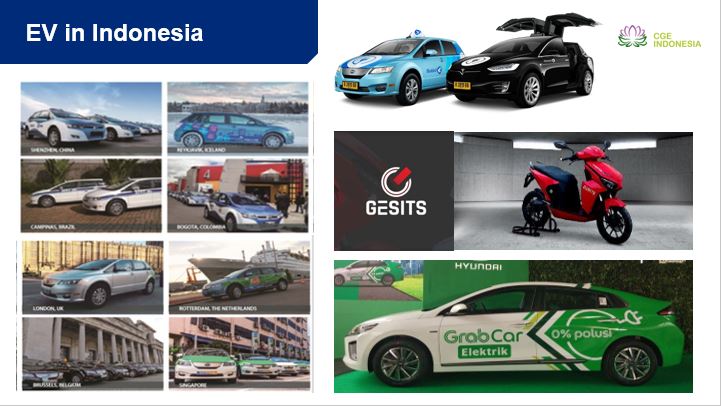Electric Vehicles Policy in Several Countries, An Update
The international transportation sector is currently slowly starting to shift from using fossil fuels to electrical energy that is more environmentally friendly because this sector contributes the most greenhouse gas emissions. One of the important keys to the development of electric vechicle is strong support from government. For example in developed countries in Europe, Asia, and the United States, which implement ‘beneficial’ policies for users and customers of electric cars that run in their countries. In each country, the government certainly has a big role in the development of electric cars. Various general policies can be imitated by Indonesia from developed countries that have successfully developed electric vehicles. Those policies applied are among others: providing subsidies, reducing taxes, vehicle registration taxes, and other tax breaks for electric vehicles. All of those special treatments are created and facilitated to encourage the development of electric vehicles. Each country or region has a different EV’s policy.
The development of EV (Electric Vehicle) globally, from time to time continues to increase quite rapidly. This is supported by increasingly sophisticated and futuristic technology. Developed countries have begun to initiate policies for electric vehicles as an effort to fulfill policies to reduce the use of fossil fuels and overcome the impact of pollution caused by increasing carbon levels. The focus here is to learn how the European market for electric vehicles continues to increase. The greater number are in terms of production, sales, and consumption behavior of people who are starting to become aware of renewable energy and the impact on the environment. What about condition in Asia Pacific?. China is still initiating the production, marketing and development of electric vehicles. The neighboring countries, namely South Korea, Japan, and Thailand are still quite far behind. China holds its position as the largest market for electric vehicles in Asia Pacific and the world’s largest provider of facilities for electric vehicles. On the other hand, other Asia Pacific countries, in reality, have only developed their policies and technologies. Asia Pacific region, if seen from this perspective, is not fully ready for electric vehicles. Becoming a very strategic EV market is more realistic for the long term because prospect of motorized vehicles is very large. It is a future projection that EV can become an emerging commercial automotive market that puts forward the principle of zero carbon emission and is driven by renewable energy as a whole, both from the energy source of electrical power generated, energy conversion process that work on vehicles, minimizing carbon emissions and optimizing any waste possibly to be recycled.
Share This Article


